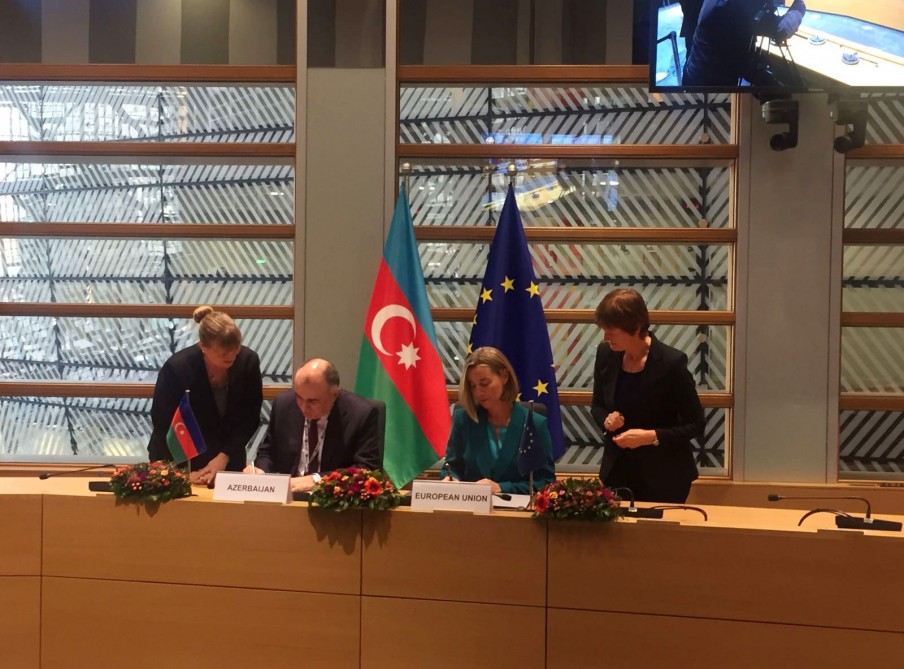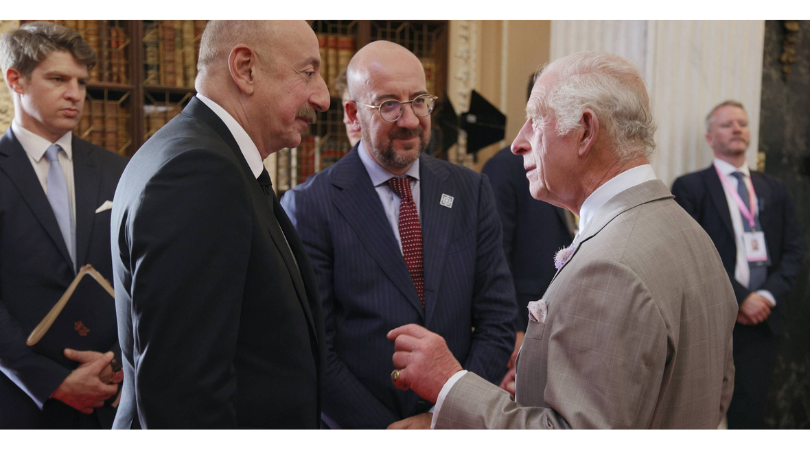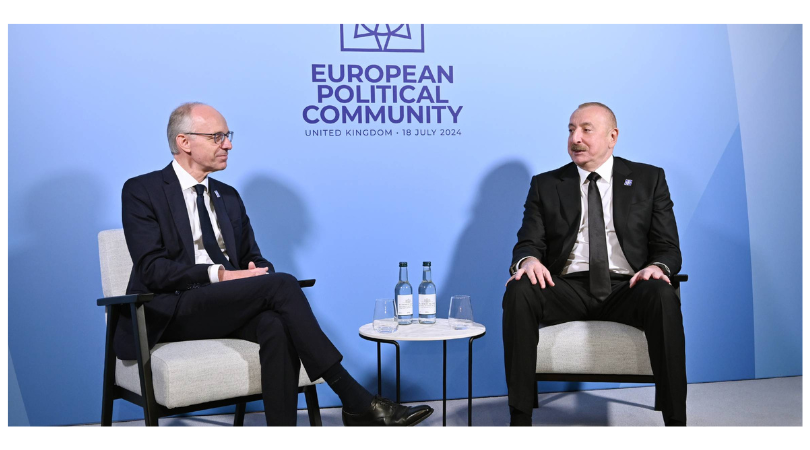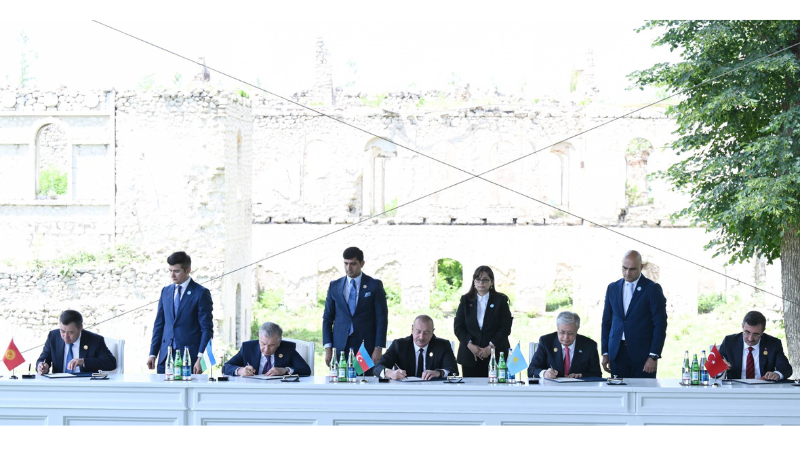Joint Declaration of the Eastern Partnership Summit backs territorial integrity and sovereignty of Eastern Partnership states
Armenia fails in its attempts to make amendments to the document to pursue it aggressor interests
Brussels, November 24, AZERTAC
A Joint Declaration has been adopted at the Eastern Partnership Summit in Brussels.
Despite numerous attempts by the Armenian delegation, the Joint Declaration unequivocally supported the territorial integrity, independence and sovereignty of all Eastern Partnership countries.
The Joint Declaration referred to the Global Strategy for the European Union's Foreign and Security Policy. The Global Strategy has outlined the territorial integrity of the EU member and neighboring countries within their internationally recognized borders.
Another paragraph of the Joint Declaration emphasizes that all the conflicts within the Eastern Partnership countries should be resolved on the basis of the norms and principles of international law.
The Armenian side failed in its attempts to make amendments to this paragraph to pursue its aggressor interests.
The Joint Declaration emphasized special support for transport and energy projects implemented with the active involvement of the Republic of Azerbaijan, hailing the strategic importance of the Southern Gas Corridor, which was initiated by President of Azerbaijan Ilham Aliyev, to the European Union.
The document put special emphasis on bilateral and multilateral projects jointly implemented with the Eastern Partnership countries with the participation of the Republic of Azerbaijan.
The development of visa free regimes between the Republic of Azerbaijan and the European Union is described as one of the key priorities of joint cooperation with the Eastern Partnership countries for the years to come.
The document also outlined other international cooperation areas in which Azerbaijan is involved.
According to some experts, the Joint Declaration adopted at the Brussels Summit should be regarded as a document of strategic importance which is based on international law.





















